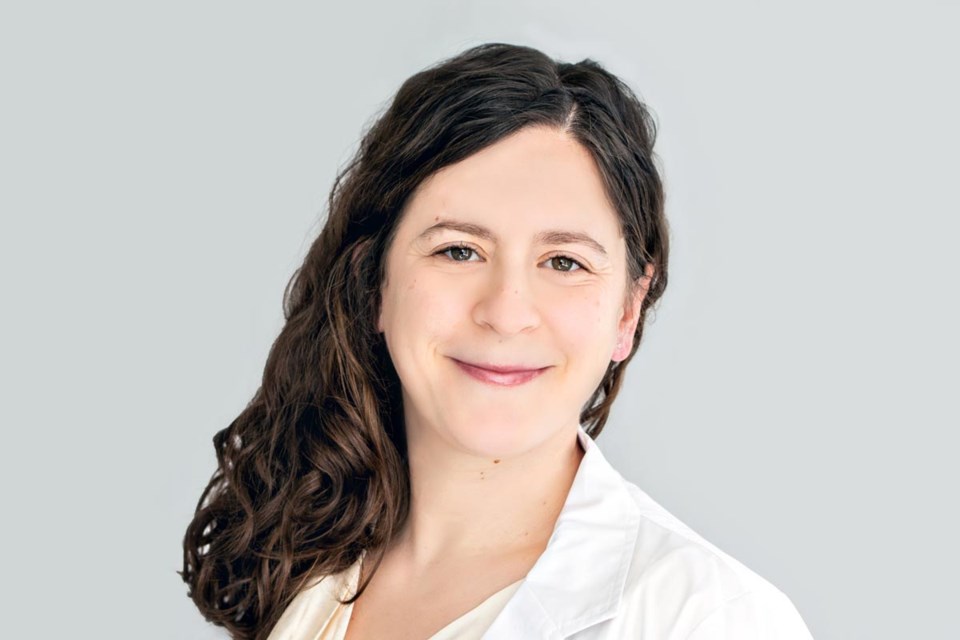No matter how young you look and feel, age matters when it comes to fertility.
Not only does egg quantity decline in one’s late thirties, but egg quality declines as well. Poor egg quality can lead to a higher rate of infertility, more frequent miscarriages and a greater risk for chromosomal disorders in the offspring.
If you are in your thirties and are not ready to start a family yet, you may want to consider freezing your eggs. Egg freezing involves the same process as IVF (in vitro fertilization) where medication is injected to stimulate the ovaries to grow multiple eggs. The eggs are then removed from the body with a needle (that goes through the vagina into the ovaries), with the eggs being flash-frozen for later use. When those eggs are used in the future, the chance of a healthy pregnancy is reflected in the age of the eggs when they were frozen.
So, is egg freezing the next step you should take in your family planning journey? We spoke with Dr. Riki Dayan MD FRCS, a reproductive endocrinologist and Infertility specialist at , to get professional insights on the process of freezing your eggs.
When should you freeze your eggs?
The short answer is sooner rather than later. You will never have better quality eggs than you have at this moment. We recommend that people freeze their eggs before the age of 38, if possible. Egg freezing after the age of 38 has a lower success rate and that rate plummets after the age of 42.
Who should freeze their eggs?
In an ideal world, single people and couples would try to conceive in their 20s and early 30s, but increasingly people are having children in their late 30s and 40s. If you are not in position to have a child right now, freezing your eggs is an option to consider.

How long do frozen eggs last?
Once eggs are frozen, they can remain stored for years. When you decide to use your frozen eggs, they are thawed, fertilized with sperm to make embryos, and the embryos are put into the uterus to achieve a pregnancy.
How successful is egg freezing?
For patients under 35 who freeze between 15-20 eggs, it is safe to say that the chance of having at least one child is approximately 70-75%. However, freezing your eggs does not guarantee that a healthy pregnancy will occur, so it’s important not to put all your eggs in the frozen basket. Instead, plan to start your family sooner rather than later, when the chances are even higher.
How do I choose a fertility clinic?
In addition to a knowledgeable and experienced fertility doctor, the embryology lab is key to successful egg freezing and future egg thawing when you decide to fertilize your eggs. The freezing and thawing of eggs are delicate processes that take a high level of skill. It is important that the embryology team has many hours of experience with egg freezing specifically. You want to choose a fertility centre that performs 200 or more cycles per year.
How much does it cost?
Fertility consultations and most tests are covered by MSP in British Columbia with a referral from a family physician. At the moment MSP does not cover the egg freezing process but increasingly private health plans will cover part or all of the treatment. At Olive Fertility, the treatment costs $9,050, including orientation, egg retrieval, egg freezing and one year of egg storage.
How do I get started?
To learn more about your fertility and whether egg or embryo freezing are good options for you, talk to a fertility specialist who can help assess your current and future fertility.
Olive Fertility offers patients the option to book a same-day, no-fee, virtual referral appointment at . The referral will be automatically sent to Olive Fertility and a member of their intake team will contact you shortly after to book your fertility appointment.



